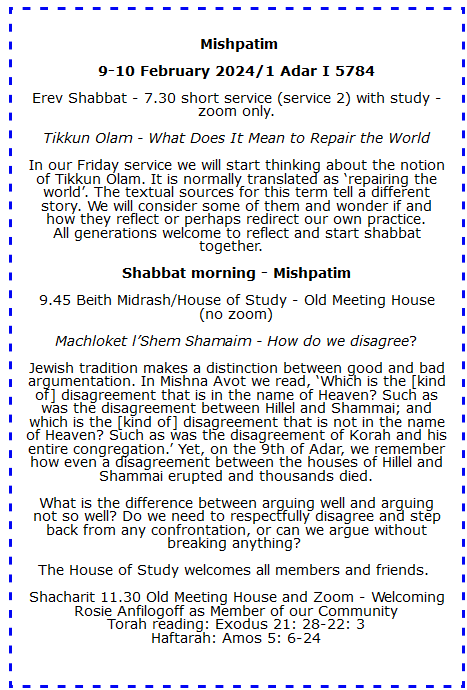Asking the right question
Last week I met up with fellow facilitators of Neo-Socratic dialogues whom I know from my days as a lecturer in philosophy. The methodology for these kinds of dialogues was developed in the 1920s in Germany, and came to Britain with refugees in the 1930s. They allow for intense conversations about a single question and can last for a day or even a week.

On this particular evening, we were discussing a question for an upcoming dialogue. We took our time. It is not easy to formulate the question well. It has to encourage people to take part and it should also sustain a philosophical conversation over a long period of time. And at the end of our lengthy session, we were still left pondering.
Anyone who has set an exam question may be able to relate to this experience. Asking the right question is not easy. It is surprising to find out how a seemingly straightforward question can elicit many different responses and interpretations. Asking a good question is an art.
At our seder, we traditionally have the youngest child ask the four questions. Mah nishtanah, why is this night different from all other nights? This is one of the more memorable parts of the seder meal, as most of us know the tune and can sing along. Interestingly though, the Talmud is quite liberal when it comes to which questions and how they might be asked. Other questions may be asked, it argues, as long as they lead to the telling of the story and to reflection on freedom.
Ma nishtamah is not a simple question and answer session. At our seder table we should be asking questions that invite us to tell the story as our story and to reflect on our situation, not just in the past, but also in the present and beyond. This is not easy. Indeed, it can be painful. Our tradition teaches it is an art best developed in conversation.
Our seder meal, even when it comes late as it does this year, invites us to to think about and celebrate new beginnings. To think again about where we have come from and where we go now. To see flowers blossom and plants grow and wonder what will sustain us. What question will keep us going?
I am looking forward to seeing many of you at our communal seder meal on 23 April.
Chag Pesach Sameach!
Hannah

